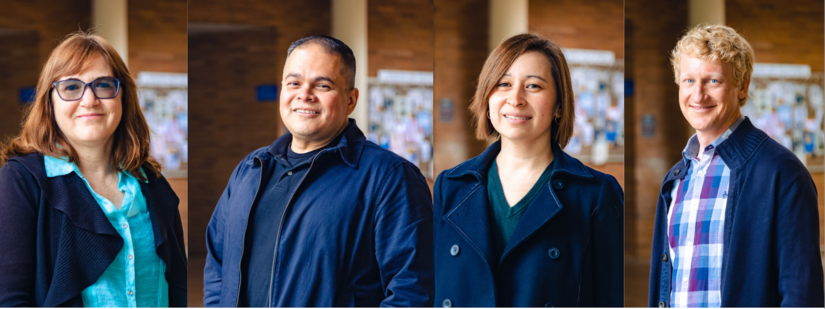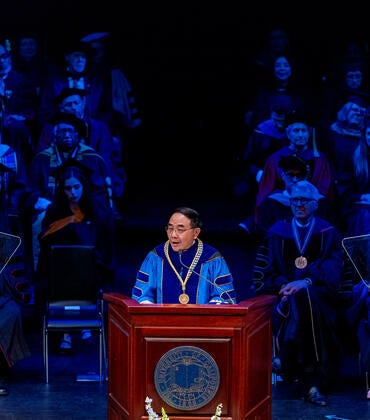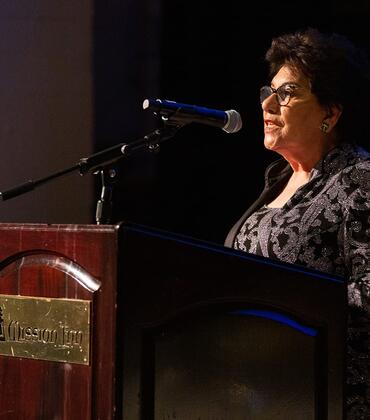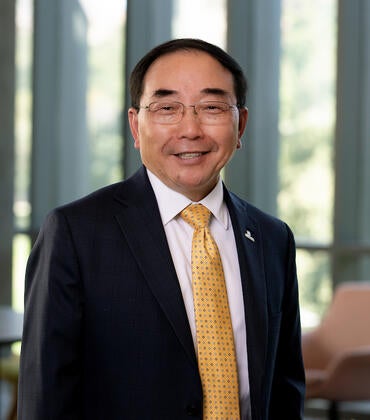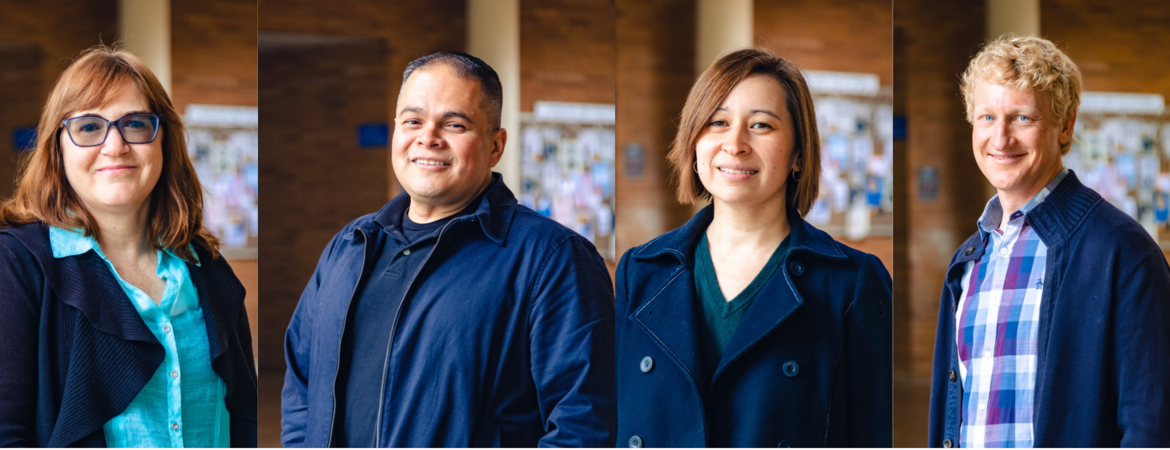
UC Riverside is one of five UCs with a new center to study labor policies, jobs, and economic and social impacts of labor.
Part of a University of California- wide initiative, UCR’s new Inland Empire Labor and Community Research Center, or UCR IELCC, is supported by California funds allocated in the 2022-23 state budget. The budget included $13 million per year of ongoing state funding to expand such programs across the UCs. UCR IELCC opened in March. It received $500,000 this year with possibility to renew funding.
The new centers will build upon UC’s decades-long labor research and education programs that have provided policymakers and labor and community leaders with cutting-edge research focused on working Californians, especially workers of color, immigrants and low-wage workers. New funding provided in the state budget will also expand undergraduate labor education across the UC system through new course offerings, student internships and other initiatives.
At UCR, this funding will support new research on labor issues facing workers in the Inland Empire. It will provide timely and policy-relevant labor research, educate the next generation of labor and community leaders, and advance labor and occupational health initiatives. It will also expand undergraduate education offerings within the College of Humanities, Arts, and Social Sciences, or CHASS, by expanding enrollments in two key labor studies courses.
“We also plan to connect UCR students directly to worker organizations in the Inland Empire region through hands-on and high impact educational opportunities,” said Ellen Reese, professor of sociology and faculty co-director of the IELCC. “We will provide paid internships to up to 10 undergraduate students and one graduate student in UCR’s Labor Summer.”
UCR Labor Summer 2023 is an eight-week summer program for undergraduate and graduate students that starts in June. The program will expose students to an immersive experience in labor movement and will offer topics in social and economic justice at the intersection of race, class, gender, and immigration. The program pays $6,400 for undergrads and slightly more for graduate students.
“I am especially pleased to see new state investments in curricular opportunities that provide UCR students with the tools to grapple with real-life problems in our regional economy and workforce,” said Daryle Williams, CHASS dean.
Similar efforts to open new labor centers are underway at UC Davis, UC Irvine, UC Santa Cruz, and UC San Diego. A similar center is under discussion at UC Santa Barbara. The $13 million statewide allocation represents the single largest budget increase to UC labor centers since the creation of the Institute for Research on Labor and Employment in 1946 and the founding of the UCLA and UC Berkeley Labor Centers in 1964.
UCR’s IELCC will be modeled after existing centers at UCLA, UC Berkeley, and UC Merced and builds upon previous efforts undertaken on campus to investigate labor market and working conditions in the Inland Empire and provide labor studies classes in partnership with the region’s labor movement.
IELCC aims to build the power of working people in the Inland Empire and beyond by promoting, defending, and expanding workers’ rights, Reese said. Through research, advocacy, policy innovation, education, leadership building, and outreach, the center supports unions and worker organizations in their efforts to build a fair and racially-just worker-centered economy. In addition, the center will create an advisory board and will work with local labor organizations, including the IE Labor Council, to develop timely research initiatives.
IELCC is already engaged in two research projects, one focused on high road training partnerships and labor standards related to the electrification of logistics, particularly medium- and heavy-duty delivery trucks. The second examines labor market trends and inequalities in the Inland Empire and strategies for improving them and making the regional economy more just and environmentally sustainable.
“We are excited to finally have this space on our campus because we’ve known for years that workers in our region struggle with economic insecurity,” said Marissa Brookes, associate professor of political science and faculty co-director of the IELCC. “Its vitally important to ensure that the conditions facing local workers are part of the statewide economic recovery conversation.”
Other UCR faculty involved in this effort include Michael Bates, assistant professor of economics, and Richard T. Rodríguez, professor of English. The team is working in partnership with a 14-member Community Advisory Committee that includes:
- Javier Bañales, vice president of Teamsters Local 396
- Michael Chavez, director of IE Labor Institute
- Ricardo Cisneros, executive secretary/treasurer, IE Labor Council
- Tom Dolan, region-wide executive director, Inland Congregations United for Change
- Yvette Elam, regional director, UDW-AFSCME 3930
- Luz Gallegos, executive director, TODEC
- Yesenia Gonzalez, organizing director, UFCW Local 1167
- Louie Lopez, Ironworkers Local 433
- Sheheryar Kaoosji, executive director, Warehouse Workers Resource Center
- Lyzzeth Mendoza, policy director, Immigrant Coalition for Immigrant Justice
- Celene Perez, chief of staff, IE Labor Council
- Victor Quiroz, Community Action Program/Retiree Benefits UAW Western States
- Andrea Viduarre, senior policy analyst, Peoples Collective for Economic Justice
- Ben Wood, lead organizer, Pomona Economic Opportunity Center
This funding was made possible through the collaborative efforts of the California Labor Federation, key labor unions throughout the state, and California and Inland Empire elected officials, including California State Sen. María Elena Durazo (D-Los Angeles), Assembly Speaker Anthony Rendon (D-Lakewood), Senate President Pro Tempore Toni Atkins (D-San Diego), and Assemblymember Mike Fong (D-Los Angeles).
“I know how pivotal the research and programs of our existing labor centers have been in advancing workers in the past decades, so I look forward to this work expanding across our state,” Durazo said.
“The expansion of UC Labor Centers represents the largest growth in the history of the field of labor education, and comes at an unprecedented time of national labor resurgence,” said Kent Wong, director at the UCLA Labor Center. “We are deeply committed to supporting the growth and expansion of centers that bring together university faculty, students and key labor leaders around a shared vision of worker justice.”
